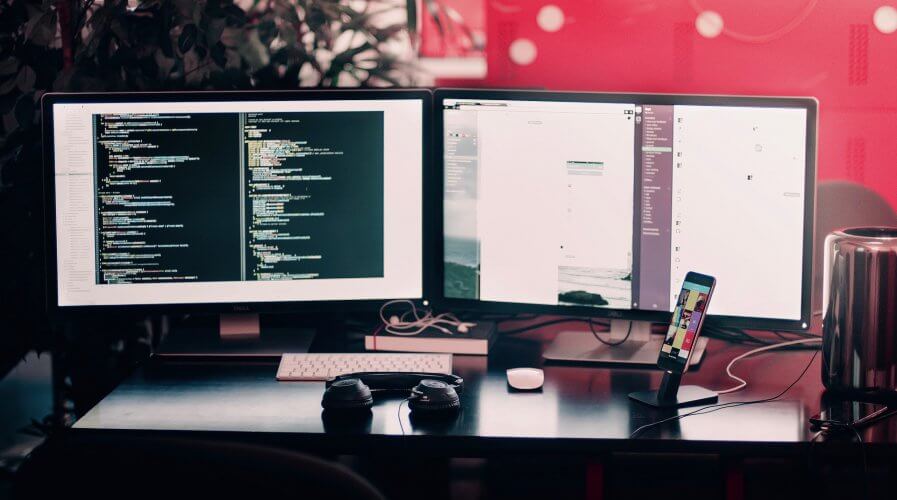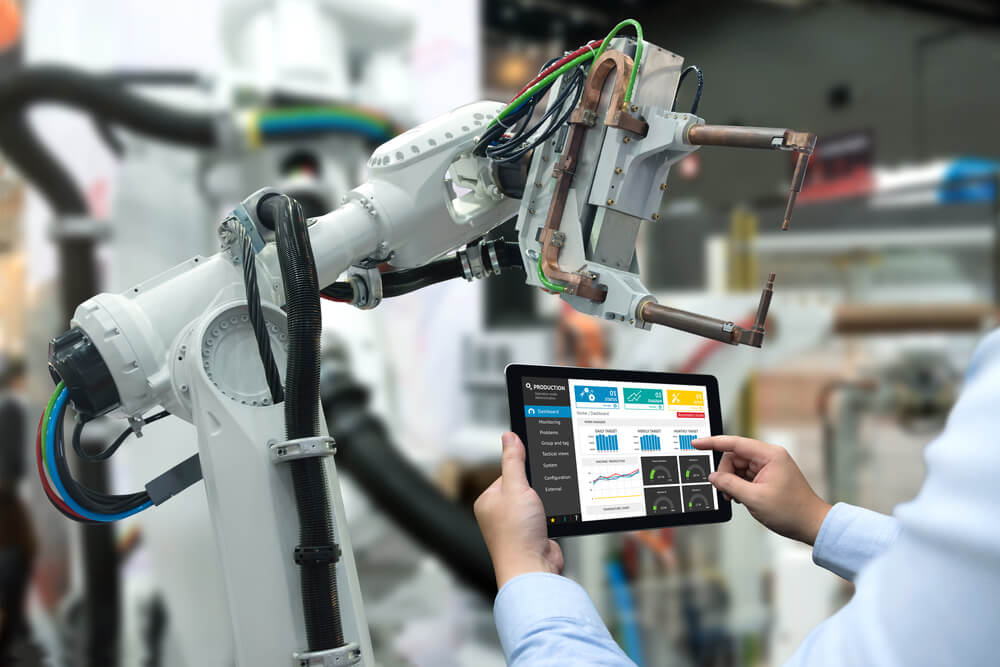
AI to be regulated in China | Source: Pixabay
AI developments at Chinese companies to be regulated
ARTIFICIAL INTELLIGENCE (AI) has the power to transform business, society, and life, and it’s a technology that’s raising many questions.
So far, AI projects have helped companies make exciting things – like building chatbots and facial recognition technology.
However, it’s future, much like its potential, is unknown and possibly unlimited. And everybody’s racing to leverage AI to transform their business and industry.
China, a leader in AI-driven solutions so far, has been keen on regulating what its companies do with the technology in a bid to align businesses with the country’s long-term goals.
Late last week, the country’s Science and Technology Minister Wan Gang told Xinhua that China will soon publish detailed regulations on AI development to make breakthroughs in critical technologies.
“We will promote AI application to address problems in security, health, environmental protection and so on. The ministry will also help domestic AI companies and research institutions find international cooperation,” the minister said.
At the press conference where Gang talked about AI, he also highlighted that China is working on laws and regulations to tackle issues related to social ethics, job structure, personal privacy and national security, which may be brought by AI development.
In July last year, guidelines were issued by the State Council on developing AI and setting a goal of becoming a global innovation center in this field by 2030.
According to the council’s vision, the total output value of artificial intelligence industries should surpass CNY1 trillion (US$158.05 billion) by 2030 and should be used to promote technology, economy, social welfare, maintain national security in the country.

One of the suggestions in the guidelines is to build smart factories that apply AI in production. Source: Shutterstock
The council believes that developing AI is a “complicated and systematic project”, and hence, an open and coordinated AI innovation system should be constructed to develop not only the technology but also products and markets.
Among other things, China’s guidelines have suggested:
- Training more AI professionals and scientists
- Building smart factories by applying AI in designing, production, management, logistics and marketing
- Developing a safer and more comfortable, convenient society using AI in public service and social management services
READ MORE
- Strategies for Democratizing GenAI
- The criticality of endpoint management in cybersecurity and operations
- Ethical AI: The renewed importance of safeguarding data and customer privacy in Generative AI applications
- How Japan balances AI-driven opportunities with cybersecurity needs
- Deploying SASE: Benchmarking your approach


